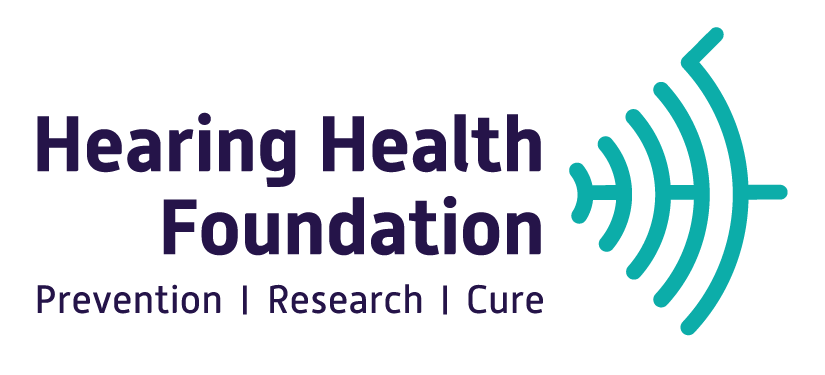Pei-Ciao Tang, Ph.D.
Meet the Researcher
Tang received her doctorate in biology from the University of Louisiana at Lafayette and completed her postdoctoral research at the Indiana University School of Medicine. She is an assistant research professor in the department of otolaryngology–head and neck surgery at the Indiana University School of Medicine. Tang is a 2020 Emerging Research Grants recipient, renewed for a second year in 2022.
My first exposure to hair cells, the sensory cells critical for hearing, was during my doctoral studies. Since then, I haven’t ceased to be fascinated by these beautiful, unique cells. Five years ago, I started working on stem cell-derived inner ear organoids—lab-grown, simplified mini-organs—and realized the potential of this relatively new system for studying hair cells and inner ear biology. My aim now is to advance inner ear research while simultaneously showcasing the utility of this novel 3D inner ear organoid system.
I grew up with very limited resources in Taiwan, but my parents emphasized education and made sure my brother and I had access to books. One of my childhood joys was reading on a wide range of topics, including an encyclopedia of nature and science. I think that my passion for science, particularly biology, developed through having been an avid, lifelong reader.
In my early studies I first gravitated toward ecology and marine biology, later incorporating molecular tools to understand marine animal biodiversity and evolution, specifically fish and coral. (Scuba diving alongside manta rays on Australia’s Great Barrier Reef is a lifetime highlight!) I segued from marine molecular biology to marine cell biology during my doctoral research on sea anemone hair cells before transitioning to the mammalian-based systems with which I currently work. Now I am living my childhood dream as a biologist investigating inner ear biology and stem cells.
Like so many others stuck at home, I recently got into baking and have long enjoyed cooking. Cooking and baking are similar to laboratory experiments—not only do you mix substances together to generate something new, but if you fail you can then troubleshoot much like you would in the lab.
I am fortunate to have worked with many brilliant scientists who truly care about, and are interested in, science—it’s more than just a job for them. The same goes for me: I am doing research purely because of my love of science, so I particularly enjoy meeting and working with like-minded individuals, be they mentors or colleagues. Even after more than a decade working in science, I am still thrilled when I have a good discussion with passionate researchers.
Pei-Ciao Tang, Ph.D., is funded by donors to Hearing Health Foundation who designated their gifts for the most promising research. HHF sincerely thanks our community for supporting these projects that address the full range of hearing and balance science.
Click to download a PDF of Dr. Tang's Meet the Researcher profile.
The Research
University of Miami Miller School of Medicine
Elucidating the development of the otic lineage using stem cell-derived organoid systems
One of the main causes of hearing loss is the damage to and/or loss of specialized, cochlear hair cells and neurons, which are ultimately responsible for our sense of hearing. Stem cell–derived 3D inner ear organoids (lab-grown, simplified mini-organs) provide an opportunity to study hair cells and sensory neurons in a dish. However, the system is in its infancy, and hair cell–containing organoids are difficult to produce and maintain. This project will use a stem cell–derived 3D inner ear organoid system as a model to study mammalian inner ear development. The developmental knowledge gained will then be used to optimize the efficacy of the organoid system. As such, the results will progress our understanding of how the inner ear forms and functions, with the improved organoid system then allowing us directly to elucidate the factors causing the congenital hearing loss.
Long-term goal: To advance our understanding of human inner ear development, which is critical for studying and understanding congenital disorders, while also establishing a robust, high-yield protocol for both mouse and human stem cell–derived 3D inner ear organoid systems that can be used to study inner ear development and disease, and to advance regenerative medicine for combating hearing loss and high-throughput drug screening.

